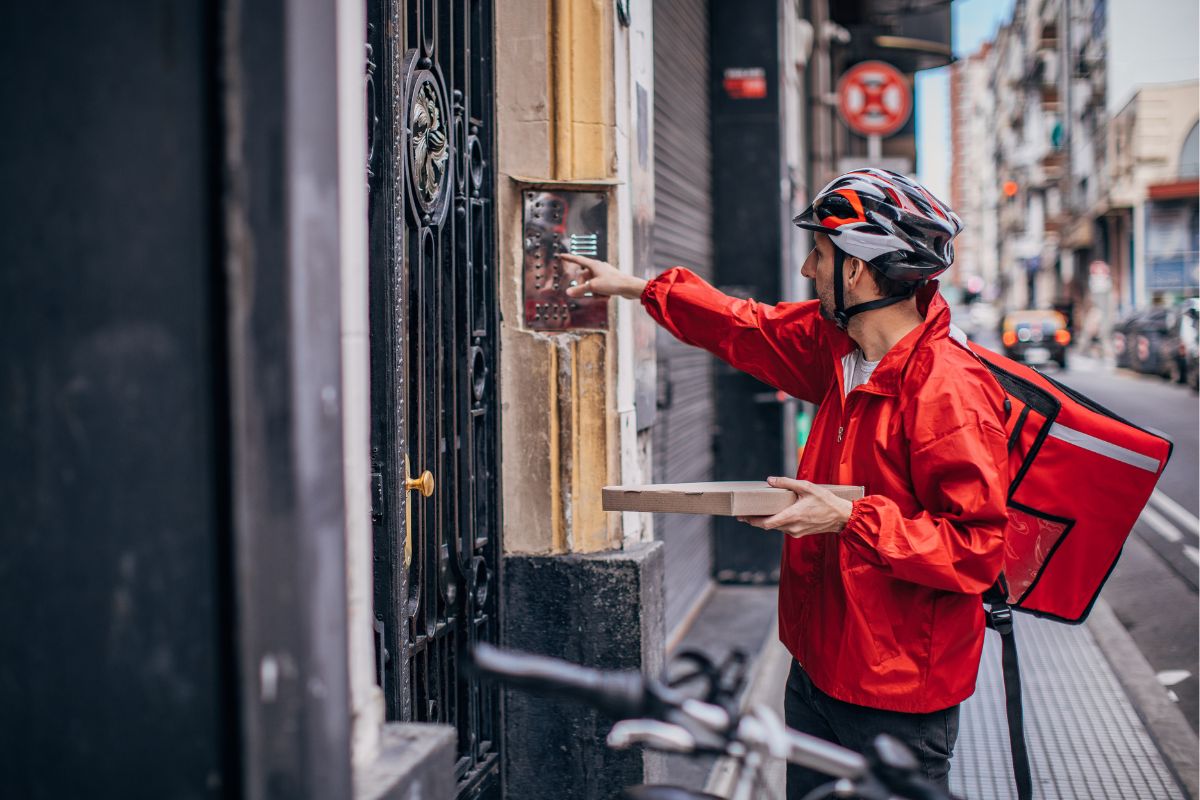The municipal government of Cape Town has posted the barcodes on windows to help people get around.
South Africa’s capital of Cape Town has been working to improve the problem with its lack of street signs by posting QR codes in the windows of around 1,000 small houses in Mfuleni.
The solution to the lack of street signs is meant to boost local access to services and emergency support.
Though the centers of tourism in Cape Town have adequate street signs for tourists to get around, moving away from those zones lands people into streets and roadways without any hint of indicators regarding where they are or where they lead. As a result, this makes it very challenging for locals to access services such as food delivery or even calling a taxi.

During the daytime, this can be inconvenient, but at night, it can be risky as people find themselves having to walk through poorly lit but heavily driven intersections and dark alleyways to try to find their cab or deliveries.
The struggle associated with a home or business without an address becomes even more concerning when ambulance drivers cannot find their way to someone who has phoned for help. Friends, family and neighbors must often carry the ailing person to an intersection so the ambulance will know where they are.
The QR codes provide a solution that even online maps have failed to accomplish.
In many parts of Cape Town outside the busiest tourist zones, online maps will simply state “Unclear, Cape Town,” when looking for one of the homes or businesses in the city without an address.
Millions of people continue to live in the shack settlements of South Africa, where the streets aren’t just unsigned, but don’t have any names. This form of informal housing is a remainder from the apartheid system, when there was enforced spatial segregation. That system may no longer be in place, but many of the old systems continue to cut down economic equality in the country today.
The neighborhoods are densely populated and without addresses, it can mean that entire communities cannot gain full access to services or even bank accounts requiring an address for usage or registration.
To help overcome this barrier, the municipal government of Cape Town is testing a solution in a pilot project starting with 1,000 QR codes in the windows of houses without an address. This way, city workers can read the co-ordinates of the home. The city’s hope is that it will greatly boost the access to services in those areas. If this proves successful, the intention is to roll out more QR codes in the future.


